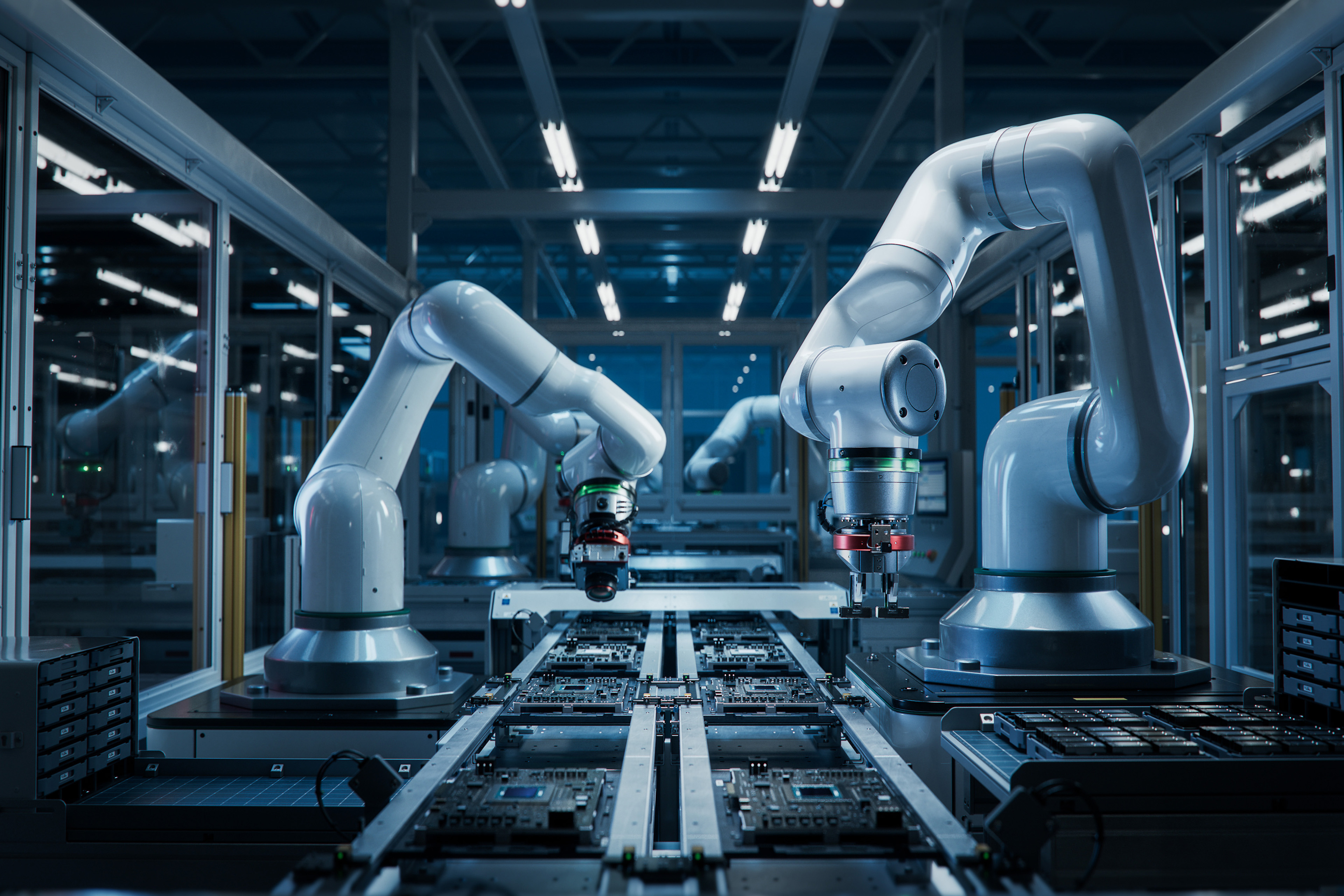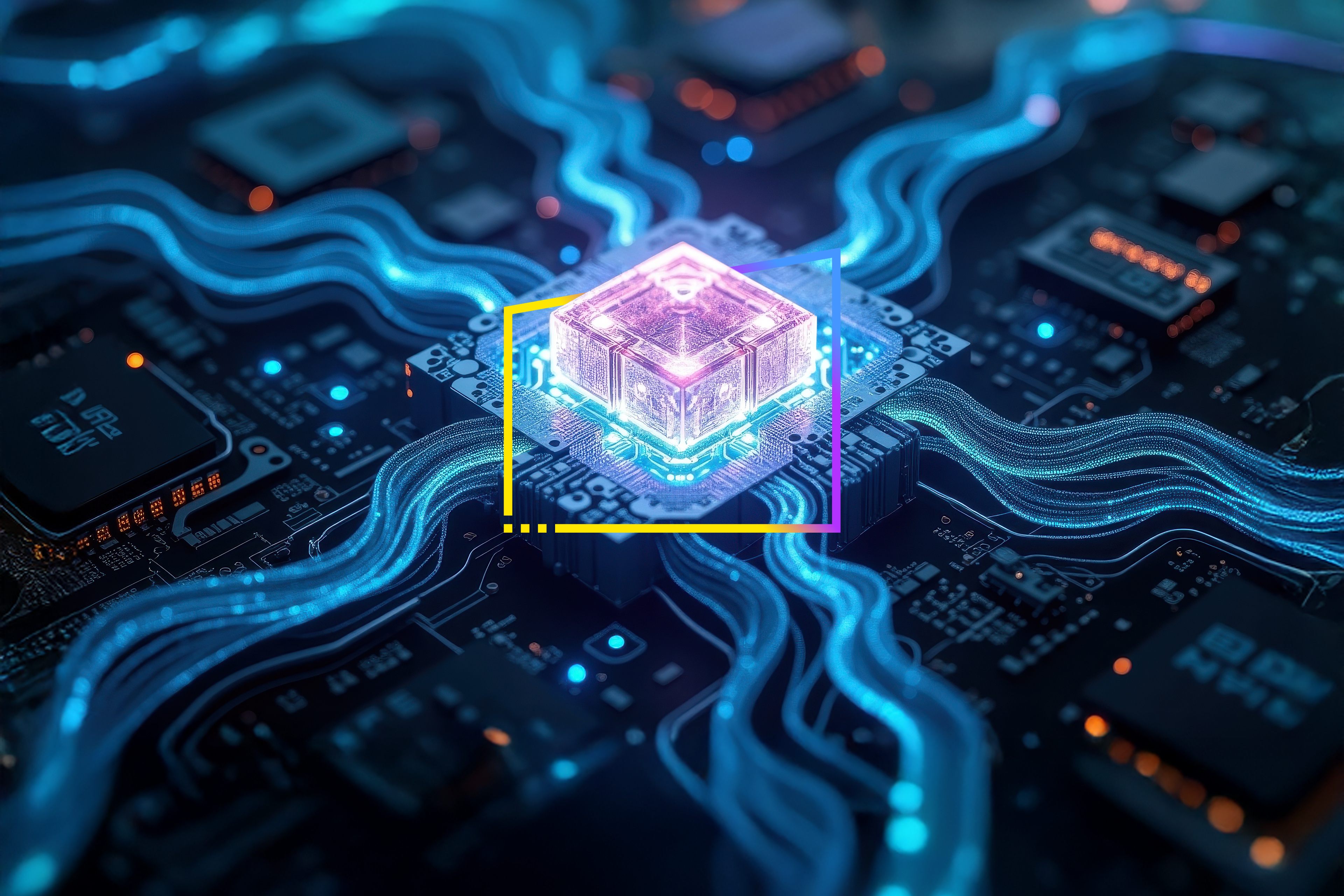EY refers to the global organization, and may refer to one or more, of the member firms of Ernst & Young Global Limited, each of which is a separate legal entity. Ernst & Young Global Limited, a UK company limited by guarantee, does not provide services to clients.
LLM for transforming the BFSI sector: Unlocking innovation and efficiency
A specialized fine-tuned LLAMA 3.1-8B Instruct model, which aims at addressing the distinct challenges in customer care within India's BFSI sector.
Major tech contenders are sprinting to stake their claim: OpenAI’s newly unveiled Operator autonomously handles everyday tasks from booking flights to comparing online deals. Google DeepMind’s Gemini 2.0 is billed as a guiding light for the “agentic era,” and Amazon’s innovation labs, alongside Anthropic, are fully committed—betting that this next-gen AI wave of autonomy will redefine not just the tech landscape, but modern work itself.
At its core, Agentic AI goes beyond streamlining a single process—it can radically reorganize how entire value chains operate. By blending Large Language Models (LLMs) with specialized “intelligent agents” modules, these platforms orchestrate tasks, retrieve information, and continually adapt to new contexts.
Where GenAI might help draft an email or summarize text, Agentic AI applications can schedule your entire marketing roadmap, refine product designs, or even manage a complex supply chain. It is a full-throttle push into uncharted territory—one where data is the keystone and autonomy is the new currency of innovation.







